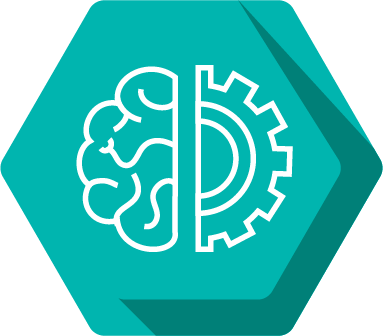Xiyu Zhong

Pronouns: she/her
Research Mentor(s): Ron Eglash, Professor
Research Mentor School/College/Department: School of Information,
Presentation Date: Thursday, April 22, 2021
Session: Session 3 (1pm-1:50pm)
Breakout Room: Room 2
Presenter: 1
Abstract
Representing different proverbs and aphorisms, Adinkra symbols are common in Ghanaian art and are drawn from deep observance and understanding of nature, where logarithmic spiral appears frequently. In the previous works, researchers have found that the Culturally Situated Design Tools (CSDTs), which are coding blocks that teach programming principles while representing math principles in Adinkra symbols, enable more inclusive educational practices while inspiring students to actively engage the connections between computational thinking and cultural knowledges. This research project further explores ethnomathematics and ethnocomputing teaching. Through creating new coding blocks that simulate art creation, we incorporate more abstraction concepts in the log spiral pattern and fractals that appear in indigenous art. We explore the perception of learners who are engaged in the process and compare alternative designs of the teaching materials while evaluating previous designs. We expect these results to assist in facilitating the content-aware design process with interfaces that promote hands-on learning, creativity, and continued interest while teaching mathematical concepts, ultimately contributing to more profound connections and respect to indigenous culture. Further work includes continuing to evaluate and update the designs that performed well when translating the abstract principles, technologies, and skills with the combination of indigenous art.
Authors: Xiyu Zhong
Research Method: Computer Programming







